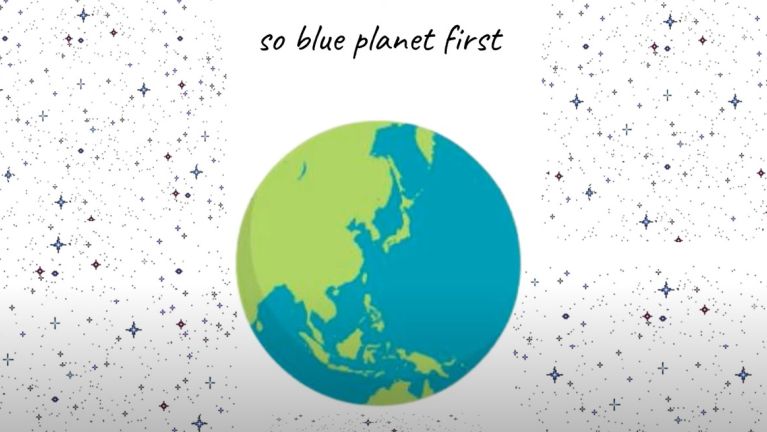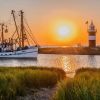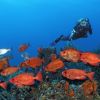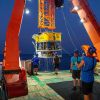Freeing the ocean from garbage
Garbage in the world’s seas has become a major ecological problem. Several initiatives from Germany promote clean water. Four examples.
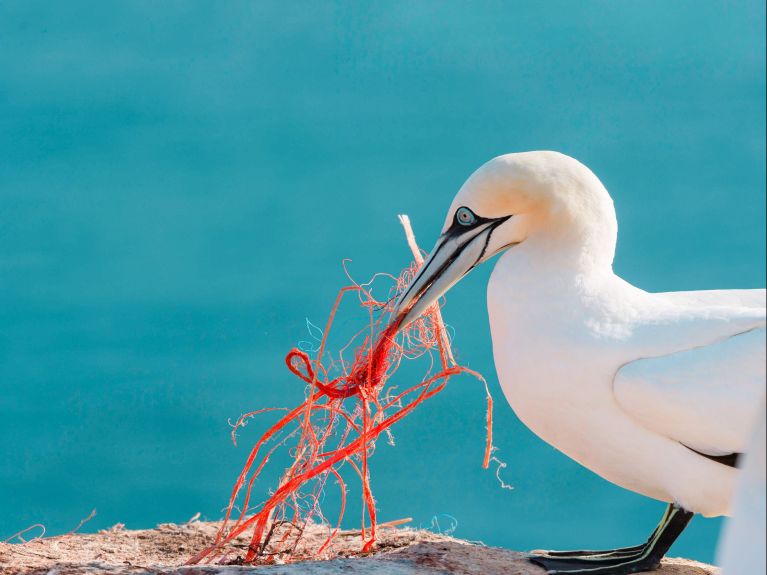
International cooperation to fight plastic waste
During its G20 presidency and as part of the G20 Summit in Hamburg, Germany has championed clean oceans. During Germany’s G7 presidency in 2015, the summit already adopted a joint “Action Plan for Combatting Marine Pollution”. On the basis of this plan, exchange with developing countries is being intensified and good practices within the plastic industry are being promoted that do not release plastic particles into the environment.
Researching plastic waste in the oceans
In Germany, numerous researchers are studying pollution of the oceans. For example, the European joint projects BASEMAN and WEATHER-MIC are coordinated in Germany. BASEMAN defines standards for micro-plastic analyses in European waters; WEATHER-MIC studies toxicity, and also the degradation of micro-plastics in the oceans. Melanie Bergmann, a marine biologist at the renowned Alfred Wegener Institute, and her colleagues have developed an analysis showing that the Arctic is threatened with becoming a “final depot for plastic waste”.
This is also what the Alfred Wegener Institute (AWI) in Bremerhaven does: Melanie Bergmann, a marine biologist there, is researching plastic waste in the oceans. Together with her colleagues, she has conducted an analysis showing that the Arctic threatens to become a “final depot for plastic waste”. The online portal LITTERBASE was also developed there. “At the AWI we develop new methods by which to detect plastic waste and micro-plastics in the environment and reliably measure their quantities. Furthermore, we analyse the extent to which various habitats are polluted by plastic residues and how this affects organisms,” explains Bergmann. These and data from other institutes are then published on Litterbase.
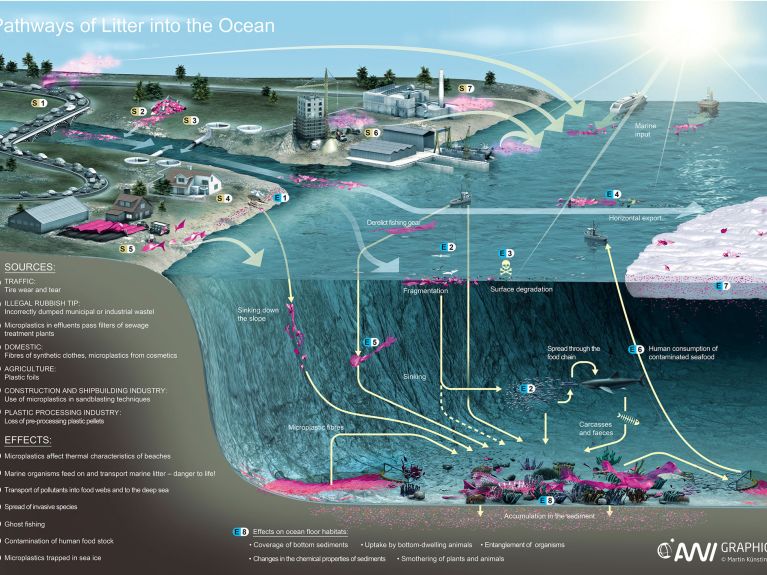
“One Earth – One Ocean” removes waste from the oceans
The environmental organisation One Earth – One Ocean (OEOO) in Munich is currently involved in 14 projects in 11 countries aimed at freeing waterways around the world from plastic waste, oils and chemicals. Two examples: since summer 2023, the waste collection and research vessel “Circular Explorer” has been operating in Manila Bay in the Philippines; meanwhile, planning is underway for a large-scale waste collection and processing vessel “Seeelefant” (Sea Elephant) that is scheduled to be ready for operation in 2025. In addition, OEOO is engaging in creative public relations – for example with its ad “The girl that became immortal!” and the song “Million Miles away”.
Dieses YouTube-Video kann in einem neuen Tab abgespielt werden
YouTube öffnenThird party content
We use YouTube to embed content that may collect data about your activity. Please review the details and accept the service to see this content.
Open consent form“Plastic Pirates” – young people fight plastic waste
Ever since it was launched in Germany in 2016, the citizen science action “Plastic Pirates” – which now operates Europe-wide – has been making valuable discoveries. The Plastic Pirates are project groups of young people between the ages of 10 and 16 that collect data on plastic deposits in and around watercourses. From the data obtained, protective measures can be developed that will benefit rivers, oceans and ultimately people.
© www.deutschland.de
